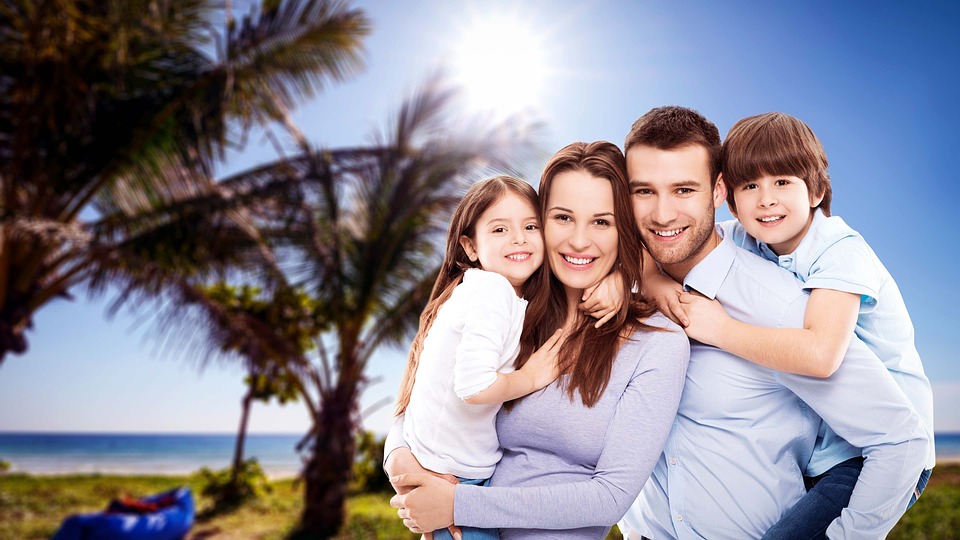Family
We look at the common causes of drug addiction and automatically delve into the scientific explanation of why it happened. But we often overlook one very important fact about drug addiction – family. Lehigh County’s Blue Guardian program recognizes the importance of family relationship in keeping addiction at bay.
Denial
One of the major obstacles to getting help from addiction is denial. Most family members would turn a blind eye if one of their family members had problems with addiction. Blue Guardian commonly encounter such a scenario where family refused to let them in and accept their assistance. Also, immediate intervention serves as the best way to fight drug addiction. The more time spent with addiction the harder it gets to treat the disorder.
The group aims to educate families about the signs and symptoms of addiction and the best way to prevent it. Furthermore, families need not live in shame if somehow addiction creeps into their lives, instead, they need to fight it together and support each other.
Knock-knock
“The police officers and addiction recovery specialists knocking on doors through Lehigh County’s Blue Guardian program are accustomed to obstacles. Sometimes nobody is home, or the people they meet are unwilling to get treatment for their opioid addictions.
Denial is chief among those obstacles, especially when it comes from family members who don’t want to deal with a loved one’s addiction, Lehigh County Drug and Alcohol Administrator J. Layne Turner said.
“Addiction is a family disease,” Turner said. “Families need to be aware of what the signs and symptoms are.”
Five months since the program’s launch, Blue Guardian workers are finding that connecting with family members is the hardest part of the job. They are sometimes afraid of the stigma surrounding drug use, unaware of the serious or deadly consequences of addiction and enabling their loved ones’ drug habits.
Turner and Lehigh County District Attorney Jim Martin issued a news release Thursday about parent involvement in the program. In it, they said the parent of someone contacted by a Blue Guardian team did not believe that the child was using drugs and that child later died of an overdose.
Parents and spouses sometimes are ashamed of their loved ones’ opioid addictions, Certified Recovery Specialist John Jezick said. That makes them reluctant to accept help.”
Check the rest of the article here.

